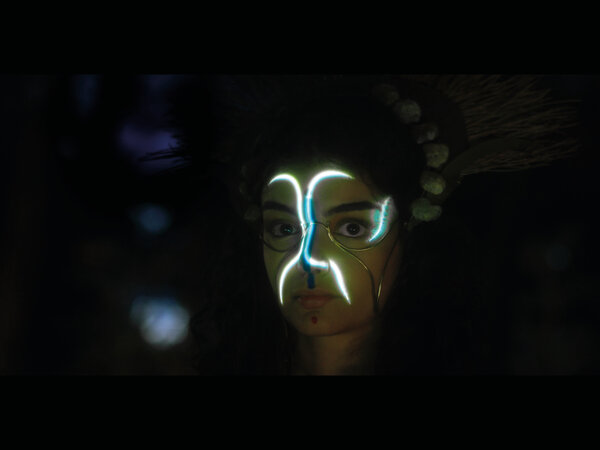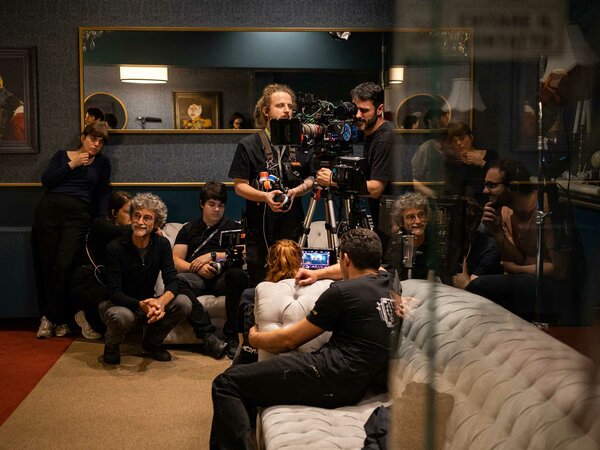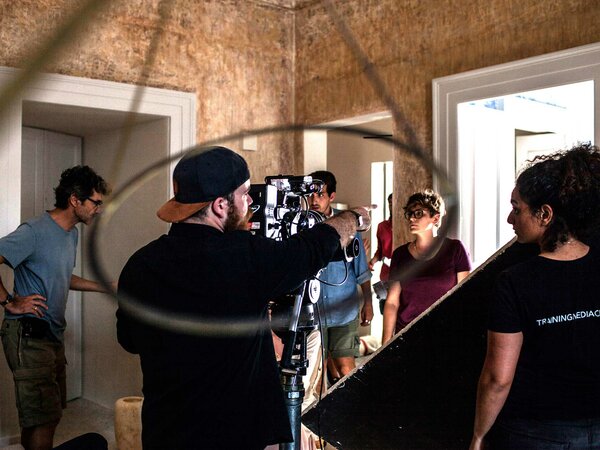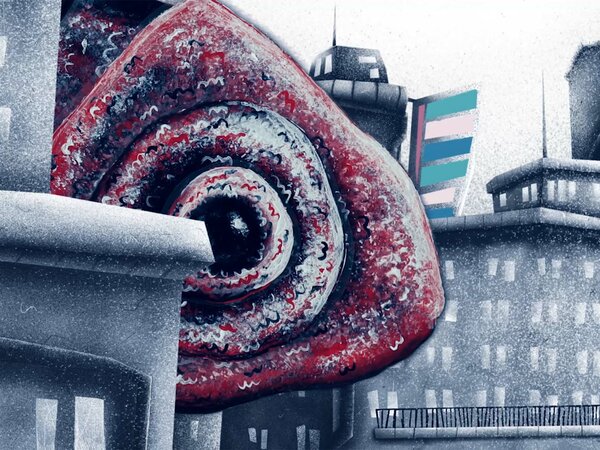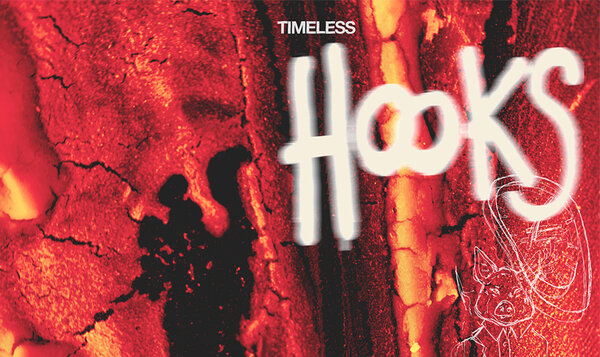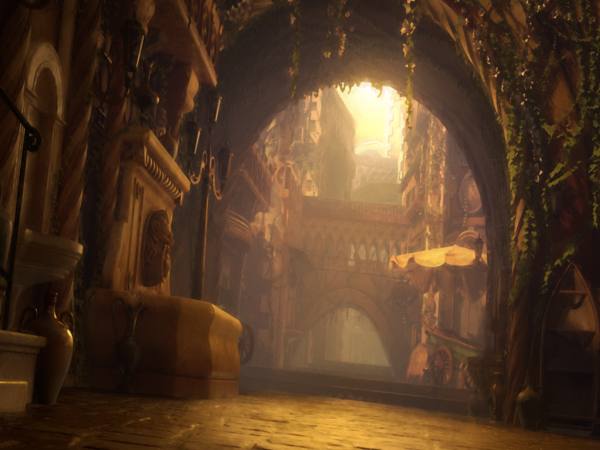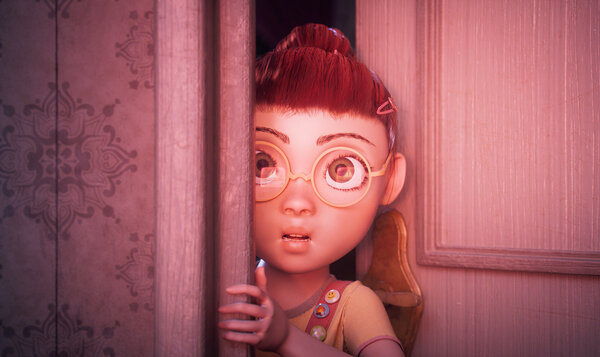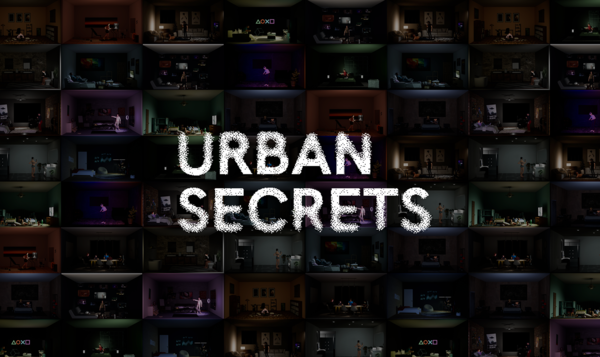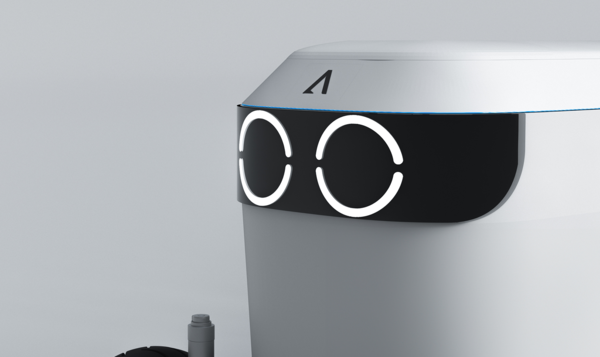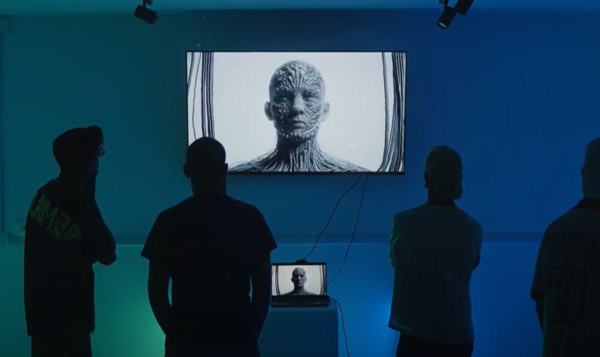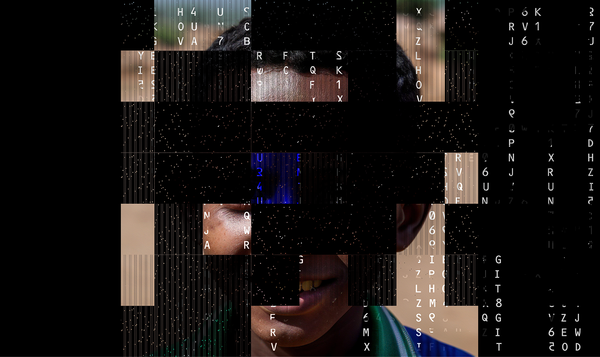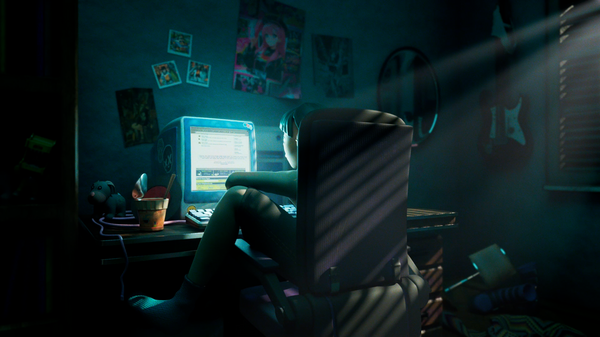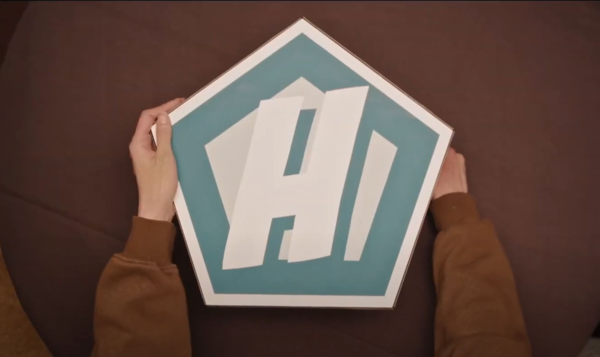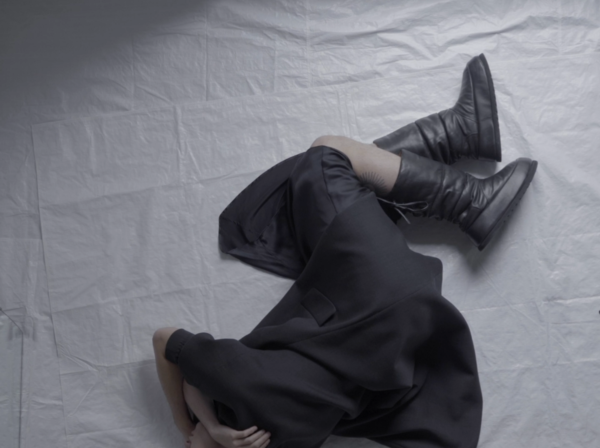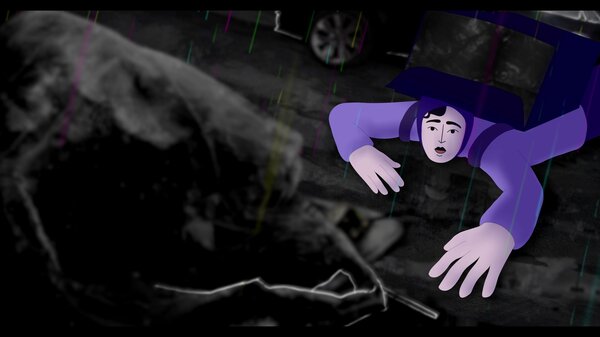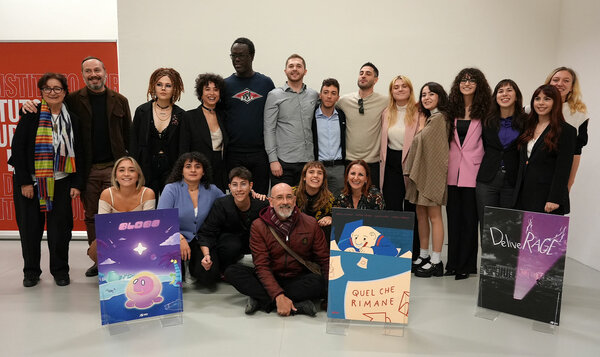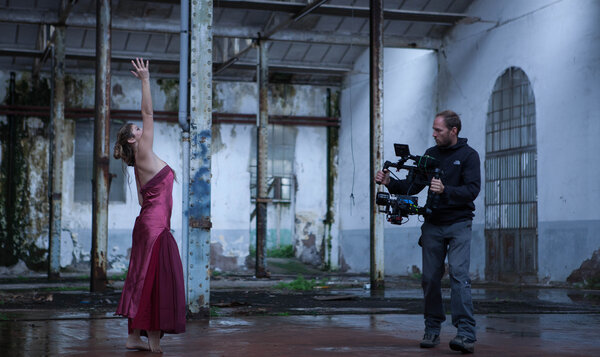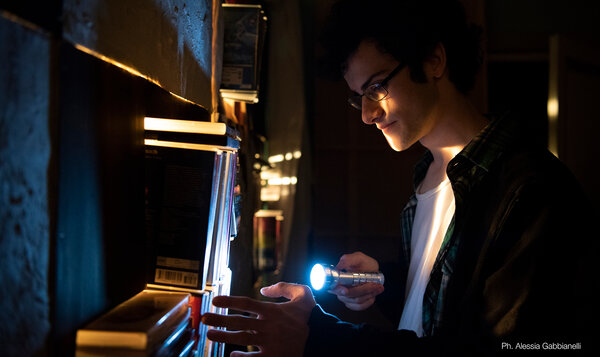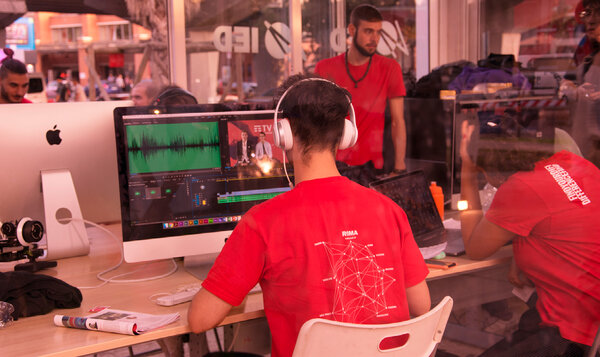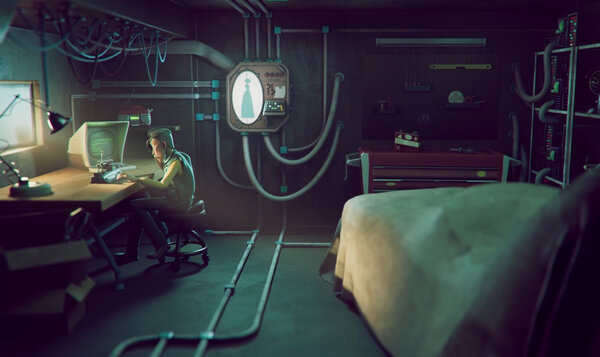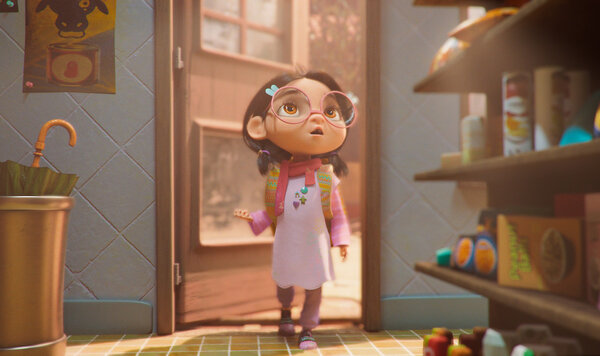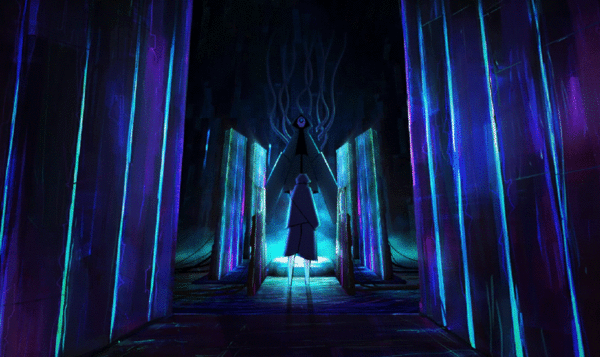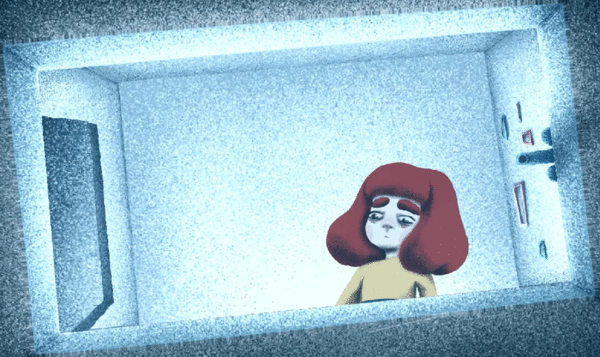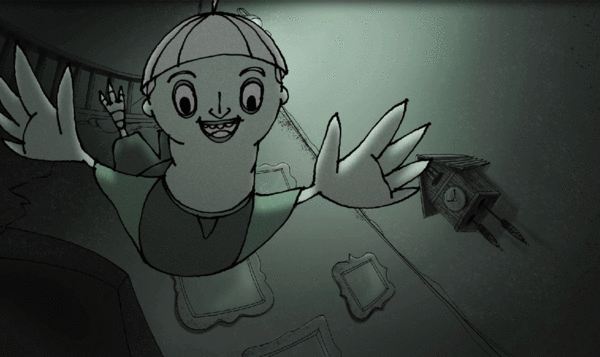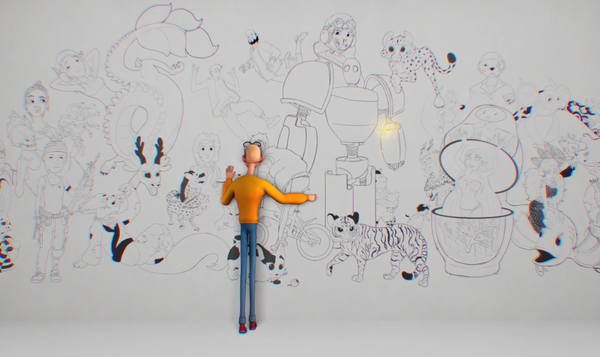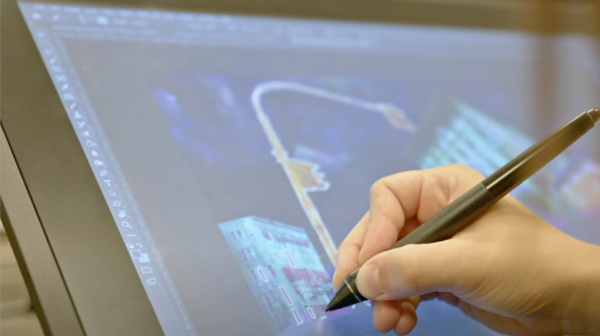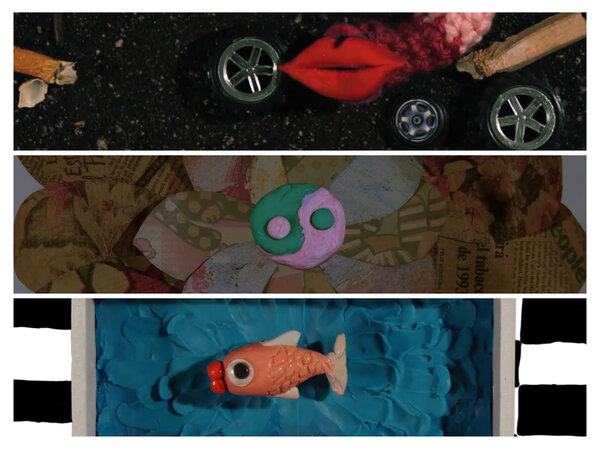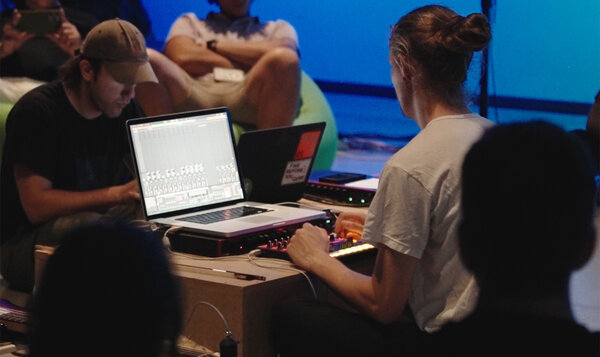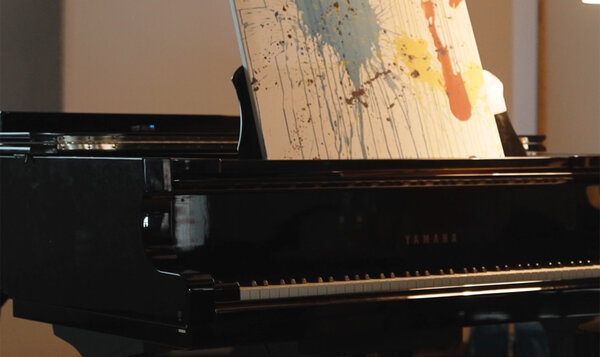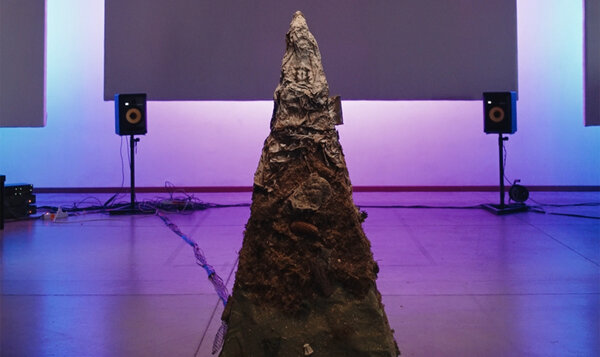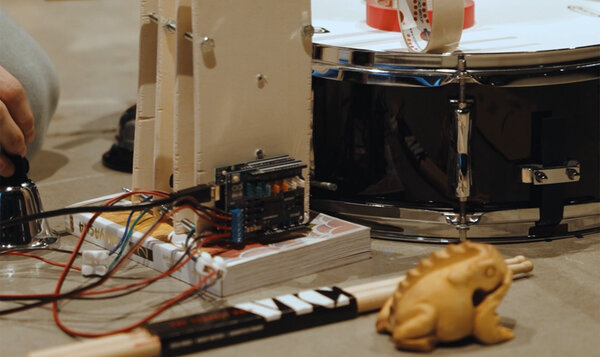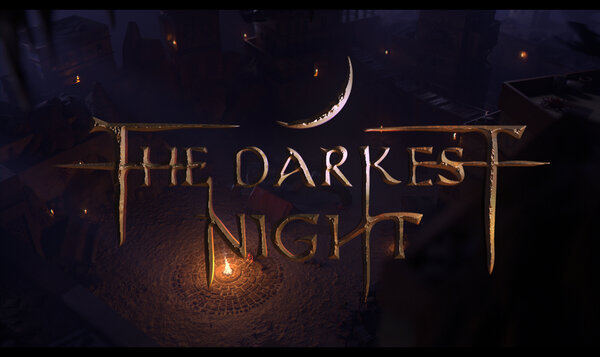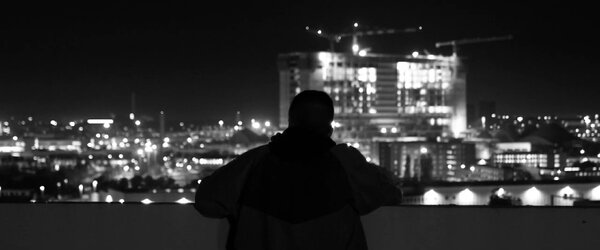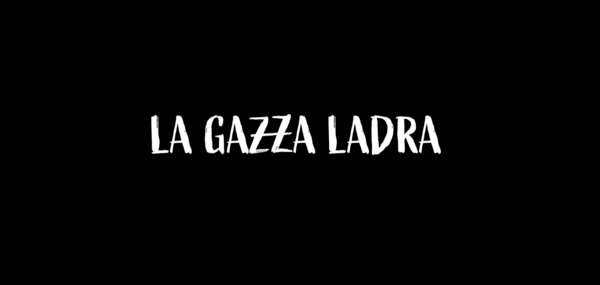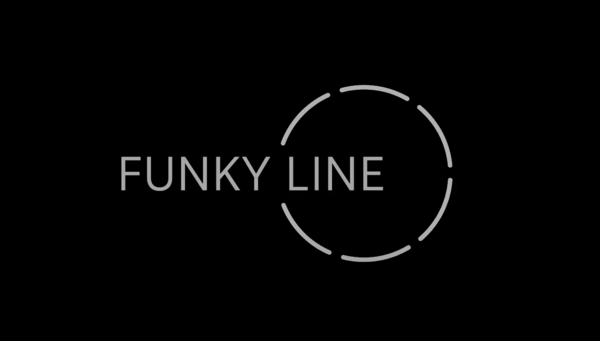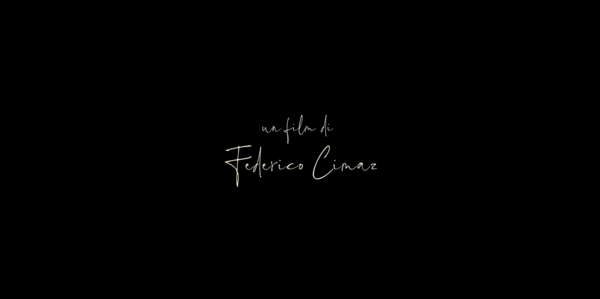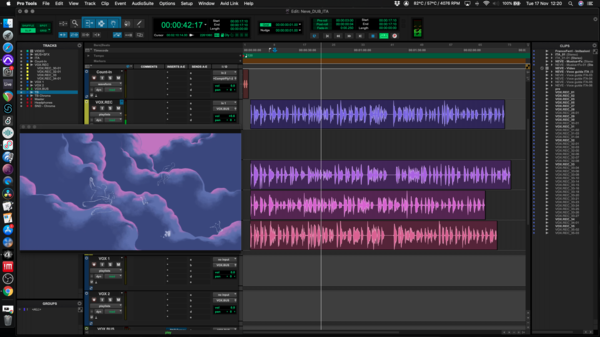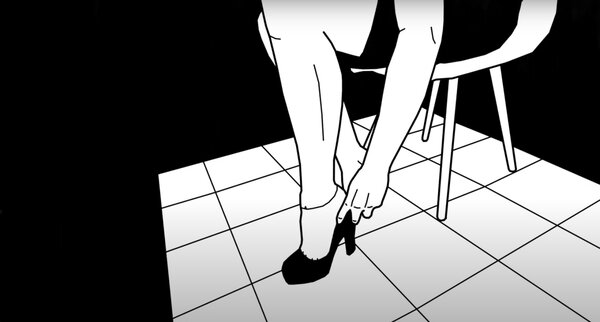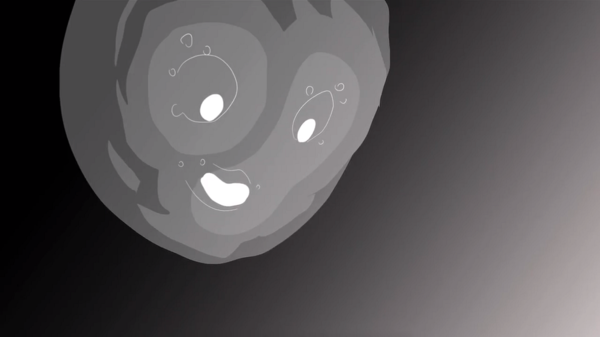
Sound Designers: who they are, what they do and how to become one
Who are they, what they do
The Sound Designer is a sound professional who plays a key role in audiovisual production. They aim to blend technical skills and creativity to enrich and complete every narrative experience.
This professional, through the skilful use of technology and a deep artistic sense, can transform the perception of a work, making it immersive and emotionally engaging. Let’s delve into the skills and characteristics that define this profession.
A Sound Designer works in a variety of fields, from cinema to marketing, radio to video games, holding an essential position in creating soundscapes that enhance atmospheres, accompanying stories and evoke emotions in the audience.
Through the use of audio technologies, editing software and recording techniques, the Sound Designer, also referred to as sound communication designer, finds full expression in contexts that include the creation of realistic sound effects and sound environments, composing original music and adapting existing audio tracks to the production context.
Role and responsibility
The Sound Designer is a fundamental cog in the creative industry, with responsibilities ranging from sound design to interdisciplinary collaboration.
Their responsibilities include selecting audio tracks, creating custom sound effects, editing and mixing tracks, all while ensuring a perfect balance between sound and image. The ability to collaborate effectively with other members of the creative team (such as directors, choreographers, game producers) is equally important, as the work of the Sound Designer must harmoniously integrate with the visual and narrative elements of the production.
Career and salary
A Sound Designer’s salary is characterised by a variety of factors that will directly affect their salary. First of all, hands-on experience plays a crucial role in determining the amount they can expect to earn. A professional with years of successful experience in the industry generally receives a higher salary than a junior figure. Likewise, specialisation in certain fields, such as sound design for films and TV series, can guarantee added value to their profile and, consequently, lead to higher compensation.
Geolocation is another aspect to consider. Working in large cities, often vibrant centres of creative and industrial activity can offer better economic opportunities. Moreover, the type of employment plays a key role. Working as a freelancer or external consultant on individual projects might give the Sound Designer the opportunity to negotiate higher fees, especially if their contribution is essential to the success of the project.

IED Open Days
We look forward to meeting you in person at our premises and online, to learn more about our teaching offerings, get to know our services and interact with coordinators, lecturers and students.
Skills and training
To excel as a professional Sound Designer, it is essential to combine high creativity with in-depth technical knowledge.
To bring audiovisual productions to life, it is crucial to come from an appropriate educational background, and consequently have developed certain key skills, including:
- Understanding of audio technology: in-depth knowledge of equipment and software used in audio recording, editing and mixing.
- Creativity in sound narration: the ability to use sound to tell stories and convey emotions, adding to the listener's experience.
- Practical skills: hands-on techniques in audio recording, editing, mixing and mastering are essential for the creation of quality sound content.
How to become a Sound Designer
To become a skilled Sound Designer, training plays a central role. With IED's three-year degrees in Sound Design and Video Design and Filmmaking you will build a solid theoretical and practical foundation to achieve professional success.
Find out about IED's Sound Design courses and launch your career in audio!
